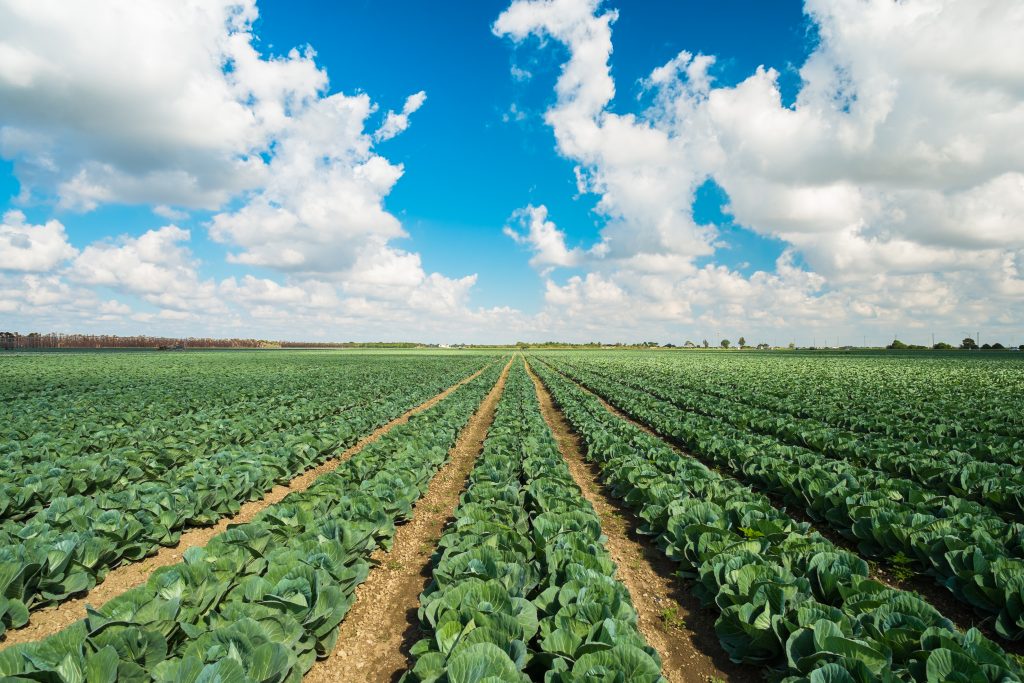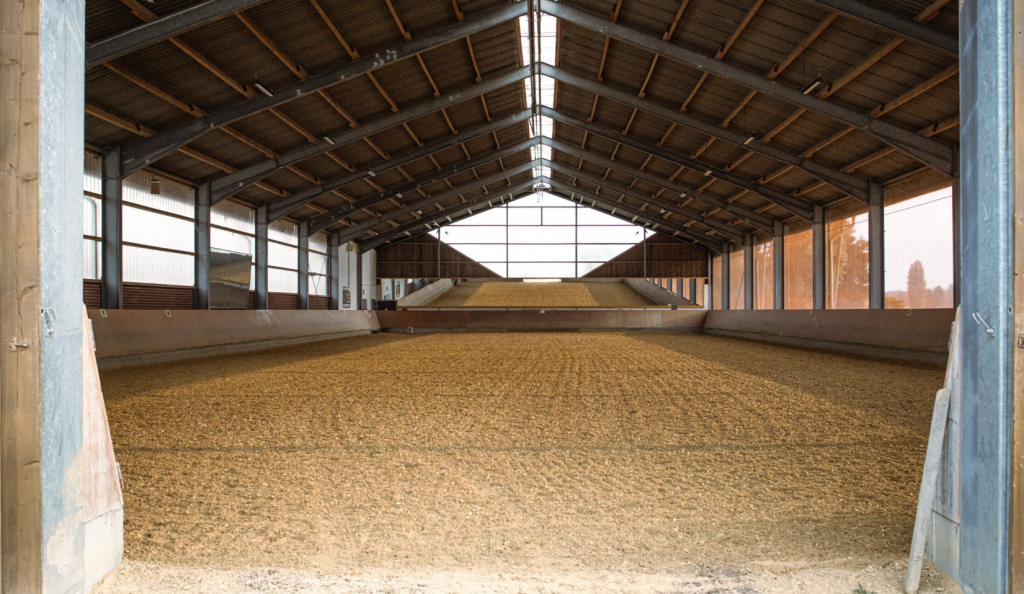
Farm Director KC Sheperd had the chance to talk with a German farmer, Franz-Josef Berg, about the differences between German farming and farming in Oklahoma. Berg is the father-in-law of David Misener, the President of U.S. Custom Harvesters, and has had the opportunity over the years to visit David and his daughter at their own Oklahoma Farm.

Franz-Josef Berg was born in 1946, and just celebrated his 78th birthday. He has farmed the land there his entire life, growing wheat, rye, triticale, canola, potatoes, cabbage, and sugar beets. When he was young, they used tractors and horses to farm the land. Aside from growing crops, in the 80s, Berg was able to expand his feeder pig operation to 800 pigs. Berg also had 70 milk cows and boarded horses from people in town on the farm.
He leased the farmland and pig barn to another farmer a few years ago. At the same time, he started renting the horse stable to a riding club. He is very involved with the riding club and still oversees much of its day-to-day operations. Today, Berg does not have any milk cows but still boards about 70 horses on his farm.
One of the most significant differences in farming in Germany, Berg said, is that in the U.S., there is more acreage. Berg also added that Germany has a long rainy season, “To the North, there is more grass, but in our country its more cabbage. Its good for us, because we have enough rain, but not too much rain.” Berg said in Germany they have the opposite problem we have here in Oklahoma, which is Too much rain, “It can rain from October to now, and last winter we had too much rain and we could not seed wheat.”

David Misener has had the chance to visit Germany and participate in farming there, so he shared some of his experiences from late November to early December harvesting cabbage.
“We went through the field, and if the cabbages were nice, you would cut them first, and then you would set them in a box and take them away to sell the whole head of cabbage,” Misener said. “If it wasn’t pretty, if you will, then we would put that in a trailer and drive the trailer through the field and fill the trailer full of cabbages. To do it fast, you would normally use a three-prong pitchfork and throw it into the trailer and go along.”
In the fall, Misener said the fields in Germany are muddy due to lots of moisture, so it was difficult driving through the fields and not getting stuck.
“I went one time in the summer, and we were harvesting wheat, and the wheat yields there are much more than here,” Misener said. “They always have more than 100 bushels wheat, so they spray the wheat to make it to where it doesn’t grow so fast and so tall, so that way it will stand up. Otherwise, the wheat will lodge a lot and fall down on the earth because it has such a big head and is such a big yield.”
Click the listen bar above the story to hear more of KC’s conversation with Franz-Josef Berg about the agriculture industry in Germany!















